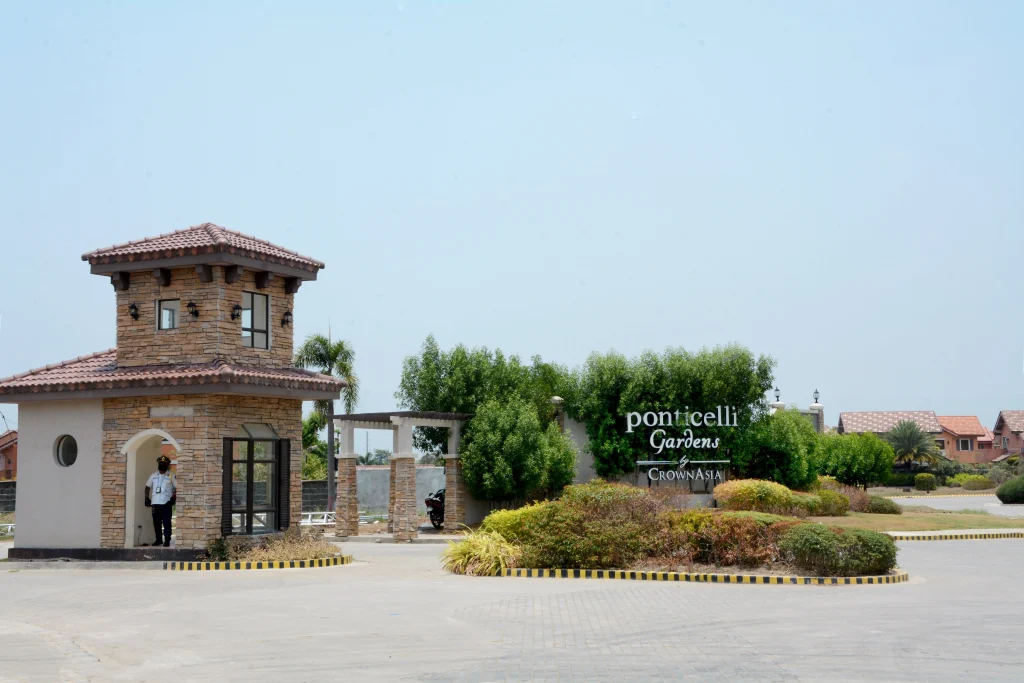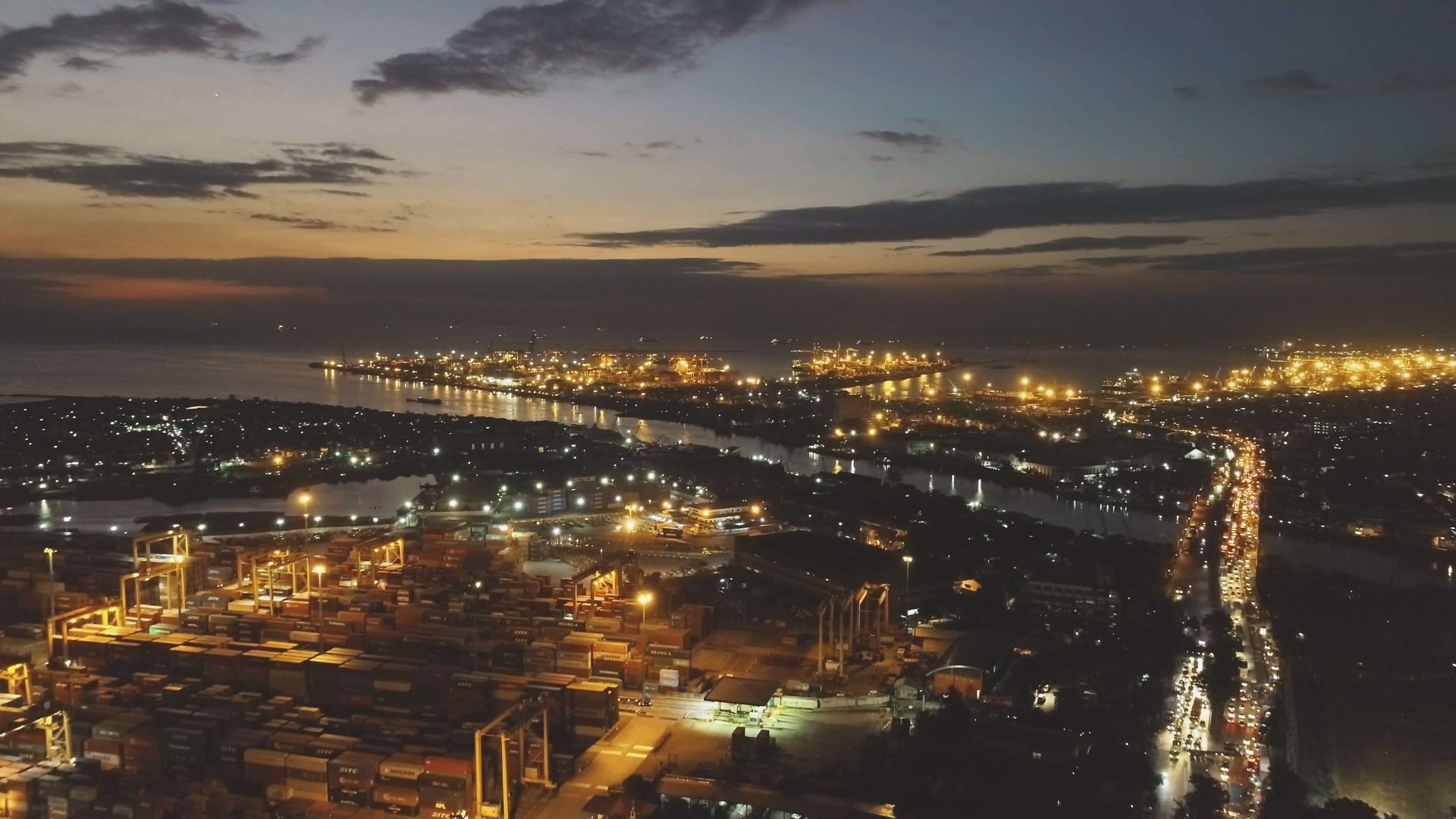It is said that one of the keys to achieving success in life is to study the past in order to learn from previous mistakes and triumphs. This practice also applies to real estate, which has a colorful history in the Philippines filled with many anecdotes that one can study from architecture and how well we the real estate market responds to various events.
From the tumultuous early days of Post-World War 1 to the fast-paced era of the 21st century, the market for real estate has had its shares of ups and downs which have frequently shifted the worth of properties ranging from the standard residential RFO house and lot to the ubiquitous office space. Examination of these important historical events can provide real estate investors insights into the possible outcome of the ongoing and future market. For up-and-coming brokers or even individuals looking to invest in a property, knowing a bit about the history of real estate in the Philippines can go a long way in making sure that one’s investments do well in the present.
Here are three important trends that took place in Philippine real estate history that one should study in depth.
There Was a Time in History When the Real Estate Industry Was Prone to Scammers
The Philippine real estate industry traces its roots a few decades back. During the American occupation of the Philippines, regulation of real estate brokers was practically non-existent until Act No. 3969 was enacted by the Philippine Legislature on December 2, 1932, which finally allowed the Bureau of Commerce to provide legitimate licenses to the said brokers and real estate brokerage. Prior to this, it would have been difficult to look for a reliable middleman to facilitate the sale of property.

Several actions have been done by the government and notable real estate associations since then to further improve the standards for this field of work, such as the promulgation of the Commerce Administrative Order No. 60-1 on April 28, 1960, which further cemented the legitimacy of the real estate business in the Philippines. Whereas before when the lack of any regulations for real estate brokers in the past allowed for scams to thrive, the presence of an official license for brokers has done much to promote trustworthiness and quality for the majority of Filipino real estate brokers. While real estate fraud still persists in modern times through their adaptation to current technologies such as social media, the situation now is still comparably better off than it was during the early 20th century.
One must be grateful and show appreciation for how the real estate market has evolved over time, especially in regard to the efforts of the many predecessors of the real estate brokers working in this day and age.
In the Face of Crisis, Philippine Real Estate Have Always Found a Way to Bounce Back
The Philippines has faced many trials ever since it achieved independence in 1946, especially in economics. From the political instability of the 1980s, the 1997 Asian financial crisis, and the current global Coronavirus epidemic, all of these events have greatly influenced the value of real estate on a significant scale.

Despite these tribulations, the Philippine real estate market has always managed to bounce back, whether through natural means or via the assistance of the government. Inquirer notes several notable examples of these reforms in their article covering the Philippines’ real estate history such as the bolstering of the banking system after the Marcos regime to mitigate improper loans and the implementation of the Special Purpose Vehicle Act of 2002 to repurpose idle properties abandoned due to the aforementioned financial crisis. The addition of the Reacquisition Act of 2003 further injected funding into the real estate market by allowing foreign citizens to buy property, resulting in a boost to the national economy through real estate investing.
A lesson that can be taken from these observations is that regardless of whatever may happen in the Philippines, as long as it is given the opportunity to recover, the field of real estate will almost always find a way to thrive.
The Advancement of New Technology Provided New Opportunities in Real Estate
The market for real estate is organic in a way that it also adapts to the ongoing changes that occur in society. The invention of new technology and the appearance of influential global or national events have done much to either bolster or hinder the growth of the real estate sector.
Rapid urbanization has led to the continuous development of RFO house and lots and condominiums, with the latter being especially valued in cities. The rising trend in the usage of business process outsourcing (BPO) contributed to more office buildings being built, which has proven to be a boon to real estate developers and real estate owners who dabble in commercial properties. The Philippine government’s emphasis on expanding tourism, despite the setback brought upon by the pandemic, has provided more opportunities for the development of facilities curated for such an industry.

With how trends are constantly shifting, an understanding of the past and an open mind for future possibilities may guarantee success for those involved in real estate.
Nowadays the real estate sector is booming with various national association of sellers and real estate boards that shares the growing demand for real estate properties in the country.
To summarize, there are several aspects of the history of real estate in the Philippines that one can learn from to better their understanding of this market. Whether it is to better appreciate the rise in legitimacy of real estate brokers in the past, the resilience of the market itself in the face of multiple economic crises, or the adaptive nature of real estate itself to the growth of technology, the insight these events provide can aid in enlightening those who wish to involve themselves in the trade.
On the topic of real estate, for homeowners looking to buy a residential real estate property in Daang Hari, Crown Asia has much to offer such as an RFO house and lot in Ponticelli.

Located along Daang Hari, Ponticelli is one of Crown Asia’s many premier residential communities in Southern Luzon. With an aesthetic meant to emulate the Italian countryside, future and current homeowners in the community are provided such amenities meant to promote a healthy and active lifestyle such as a basketball court, a swimming pool, and even a clubhouse for hosting important events. Ponticelli is also conveniently located near many essential facilities to provide maximum convenience and comfort to its community members.
Related Blog: Investing in an Upscale Real Estate Property this 2022


